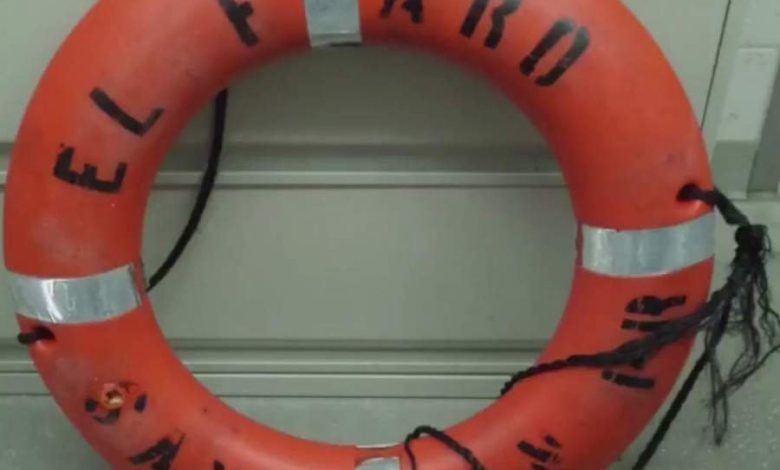Lifeboats dominate El Faro debate

The 40-year-old El Faro ship, which sank in a hurricane last October 1, was always needing maintenance, its former chief engineer said at an ongoing US Coast Guard enquiry yesterday.
The investigating panel were told about problems affecting the boilers while Capt Todd Coggeshall, from the US Coast Guard, said the Tote-controlled vessel did not have an enclosed free fall lifeboat.
Rod Sullivan, a Jacksonville maritime attorney, said the questions about the ship having open life boats instead of closed ones is another issue the maritime industry is going to have to deal with.
“That’s been a known problem for years,” Sullivan said. “Once a vessel is 15% listing, launching the lifeboats is a virtual impossibility. Launching lifeboats in 30 ft seas is impossibility. So then you’re relegated to using the rafts and getting off ship into life rafts in heavy seas is a real chore.”
The one body found by Coast Guard crews searching for the El Faro was too decomposed to identify, so it was left to be collected later while searchers continued seeking survivors. Unfortunately, a tracker put on the body for later recovery did not work, so it was never located.
Meanwhile, in other news linked to the vessel’s owner, Tote, its former president, Frank Peake could be facing five years in jail. Peake stands accused of price fixing. He may well appeal the five-year sentence handed down recently, the toughest sentence ever handed out for anti-trust price fixing in the US.
The price-fixing conspiracy, which the company pleaded guilty to, ran from 2002 through 2008 when the FBI raided the company, when it was still known as Sea Star.

It is ridiculous for the US Jones Act fleet and some of the US Navy support ships to operate with 50 year old steam turbine engines , outdated lifeboats and navigation and communication systems.
The Jones Act should be restricted to the ownership and manpower being US citizens , but the ships need to be built outside the USA. This would save millions of dollars per ship and cause domestic freight rates to be sharply reduced which could open up the coastal container trades which are much needed.